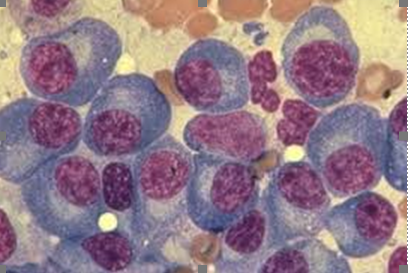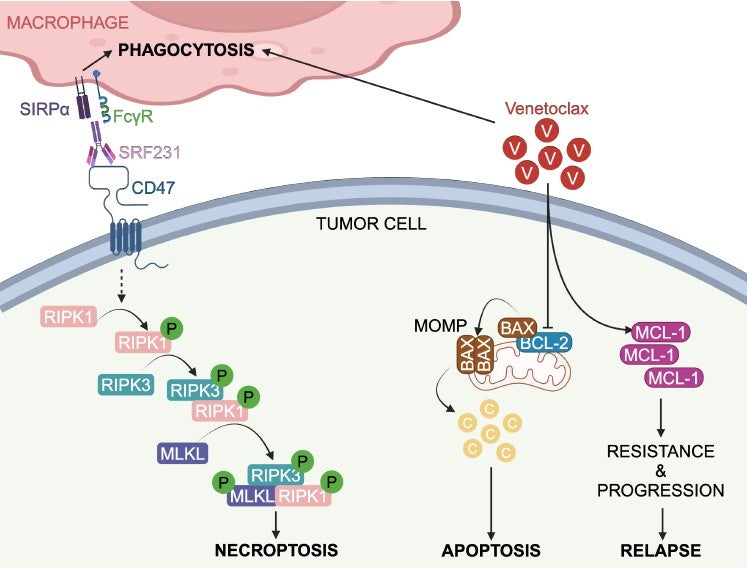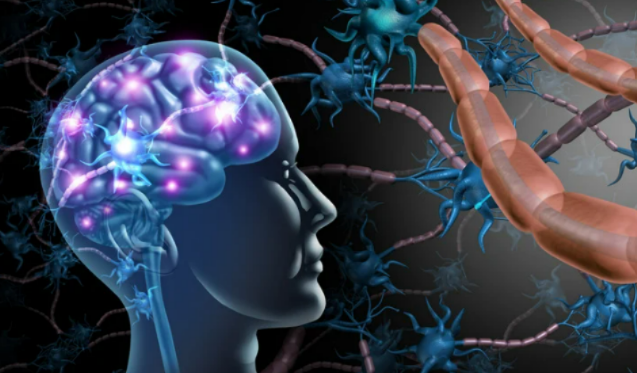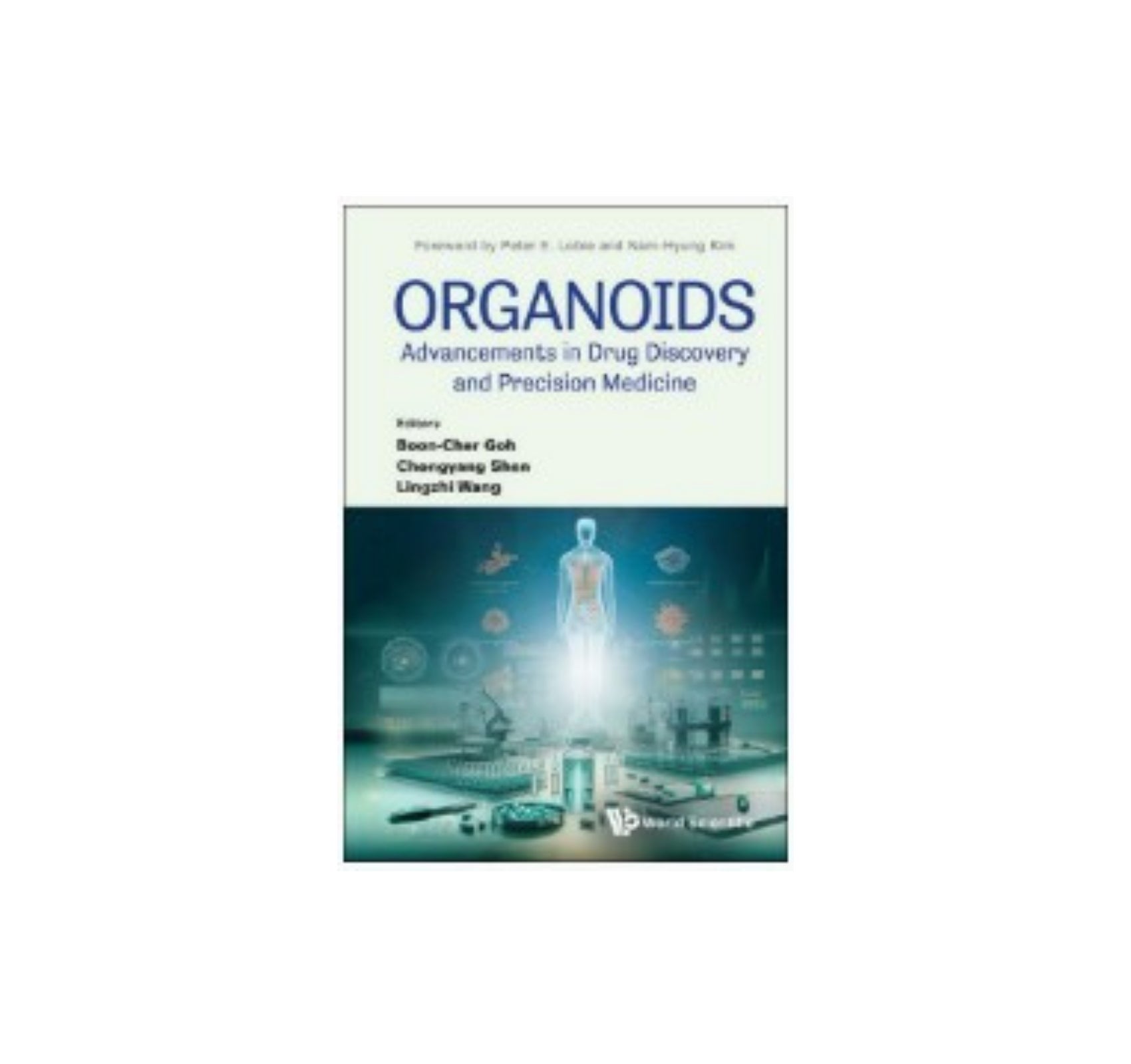Multiple myeloma is a cancer of plasma cells, and its development and therapy resistance remain poorly understood. This study led by N2CR members, Prof Chng Wee Joo and Dr Zhou Jianbiao, creates a high-resolution map of super-enhancers (SEs) in myeloma by integrating epigenomic and genomic data from cell lines, patient-derived cells, and normal plasma cells. It identifies key genes with biological and clinical significance, including PPP1R15B, an oncogene that regulates protein synthesis. Silencing or inhibiting PPP1R15B triggers a pro-apoptotic pathway and reduces immunoglobulin production. Additionally, combining PPP1R15B inhibitor Raphin1 with bortezomib enhances anti-myeloma effects, revealing a potential therapeutic approach targeting PPP1R15B-dependent protein regulation.
Click here to read more.




